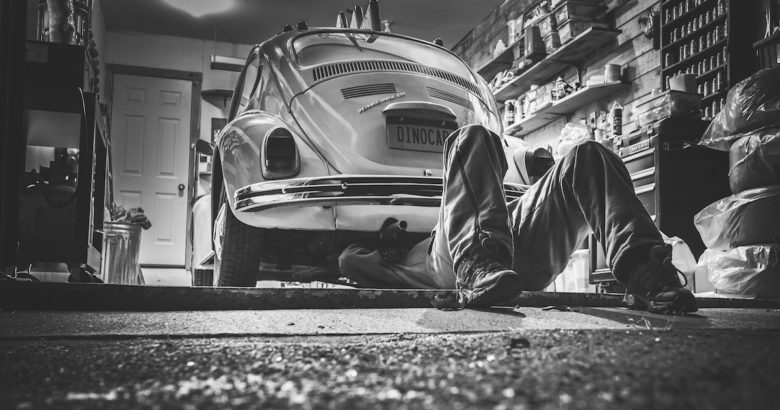Car Maintenance Basics
After your house, your car may be one of the biggest financial investments you make. When you buy a new car, the last thing you want to think about is the cost of repairing or replacing it – now or in the future. Keep your car, whether it’s a sporty coupe or a beloved clunker, running for years to come by properly maintaining it.
Taking care of problems before they occur is the best way to keep your car on the road. Take a look at this list of car maintenance basics Do’s and Don’ts
Car Maintenance Basics: Do’s
- Do change your windshield wipers every six months to a year. Once you can’t see out of your windshield in even the lightest drizzle, you’ve waited too long.
- Do get your oil changed. Depending on the age of your car and the type of oil, you may need to have it changed every three, five, or ten thousand miles. Check your owner’s manual.
- Do check your tire pressure. Even a slight change in pressure can kill your gas mileage and cause your tires to wear unevenly. Check it periodically or whenever there’s an extreme change in temperature. One cold night can affect your tire pressure.
- Do have your brakes checked periodically. Replace worn pads and rotors as needed.
- Do change your spark plugs, usually every 30,000 miles.
- Do schedule a transmission flush after 75,000 miles. A lot of gunk builds up in your transmission over time. Flushing it can help it keep running for another 75,000 miles and longer.
Car Maintenance Basics: Don’ts
- Don’t ignore your “check engine” light. It’s on for a reason. It might not be an emergency but you never know.
- Don’t ignore strange noises. If your car starts making noises you’ve never heard before, have it checked out immediately.
- Don’t forget fluid checks. Checking and changing the oil is good, but you’ve also got brake, transmission, coolant, and power steering fluid that needs to be checked periodically.
- Don’t keep driving when the engine overheats. Pull over as soon as it’s safe and either let your vehicle cool down or call for a tow.
- Don’t work on your car unless you know how and you have the right tools. Changing your oil or brake pads yourself saves you money only if you know what you’re doing. Otherwise, you’ll be in the shop for the service and to repair any damage you’ve done.
Taking care of your vehicle and following these car maintenance basics can save you money and keep you and everyone else safe out on the road. Another way to save money as a driver is to have the right Massachusetts auto insurance coverage. If you’re ready to save money on your car insurance or if you have questions about your existing policy, contact us today.


Comments are closed.